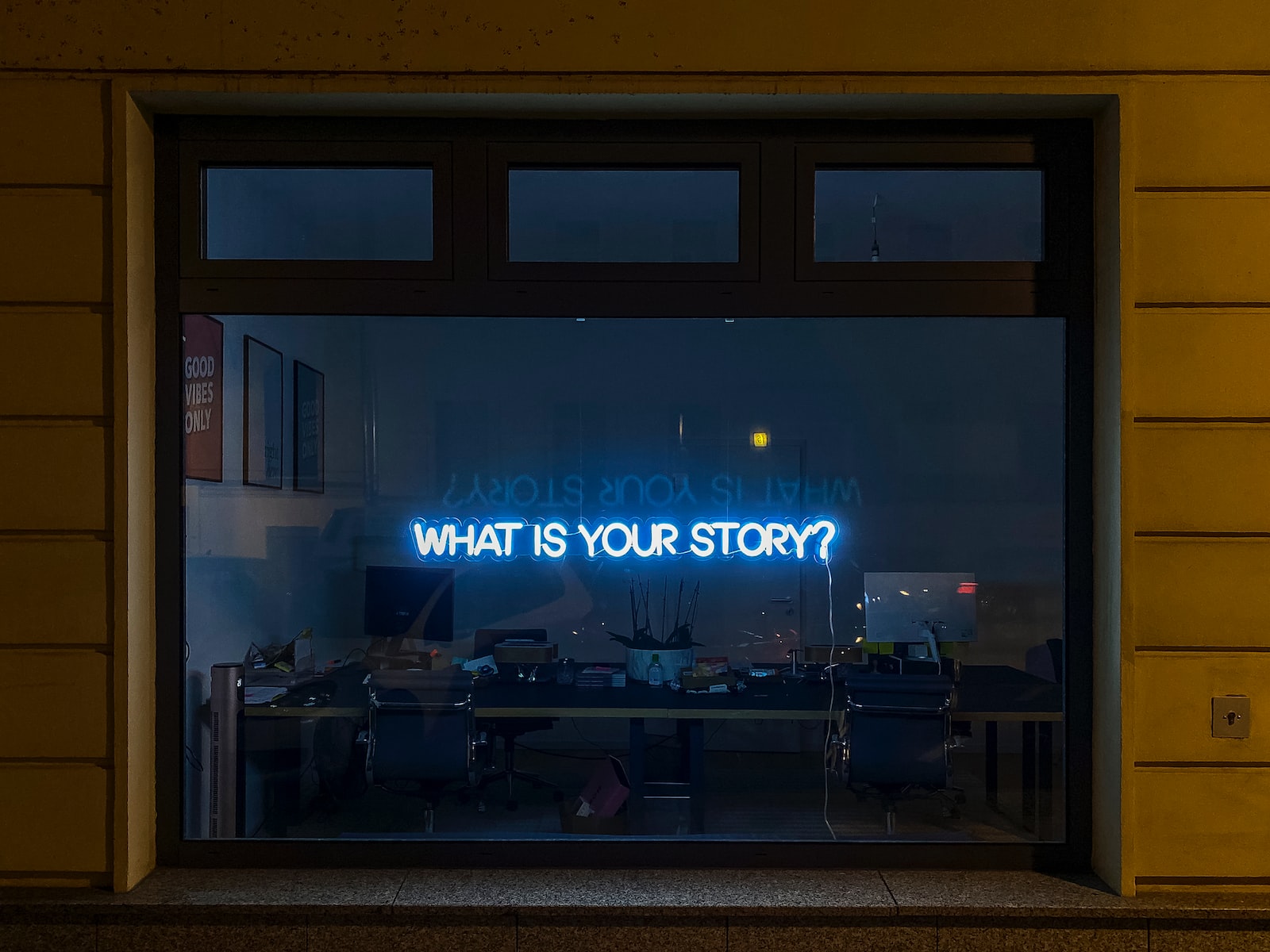
I hate writing, I love having written.
~ Dorothy Parker
As most writers know, the publishing world is not the place it was as recently as fifteen years ago, a time when an unknown writer like me could earn $600 for a 2000-word piece in a national newspaper. Book publishing, guarded by the gatekeepers of large, traditional publishers and literary agents, produced several thousand books a year. Vanity publishing―now hybrid publishing―smelled like an unmentionable odor let loose in a cocktail party crowd. And self-publishing seemed limited to xeroxed pages held together by staples that rusted over the months and years.
Much of that changed when Amazon’s CreateSpace (now KDP) surfaced, quickly followed by myriad other, similar platforms.
These days, anyone with a computer and persistence can publish to their heart’s content.
But why does anyone want to write? Afterall, as George Orwell so aptly put it: “Writing [a book] is a horrible, exhausting struggle, like a long bout with some painful illness. One would never undertake such a thing if one were not driven on by some demon whom one can neither resist nor understand.”
Let’s look at some reasons for writing.
 Many reasons suggest why you might write:
Many reasons suggest why you might write:
- To build up a body of work just for yourself, in a sort of Emily Dickinson kind of way. To reflect on your life and draw wisdom, maybe, from your experiences.
- To promote a cause, to sway others to your viewpoint.
- To reveal your obsession with a particular, well-loved topic.
- To leave a legacy for your family.
- To gain recognition in your area of expertise.
- To share your innermost self with readers.
- To explore your creativity.
- To make money.
- Or, to satisfy your ego. Again a quip from George Orwell: “All writers are vain, selfish and lazy, and at the very bottom of their motives lies a mystery.”
And getting back to that bit about money, well, if they’re honest, most writers dream of a hefty advance and a spot in the catalog of a reputable publisher. If not the Stephen King effect, at least enough of a cash flow to keep the wolf from the door and the light bill paid.
According to Bookstr, the most popular genres among readers are:
- Romance
- Crime or Mystery
- Science Fiction or Fantasy
- Religious
- Self-help
- Inspirational
- Horror
As for general non-fiction, it trails far behind on most lists, not winning many popularity contests.
But, and there’s always a “but,” the news on the financial side of writing is not good, not at all. In fact, it’s downright sad. Take a look at “Success in Books: a big data approach to bestsellers.”
The Big Five
Unfortunately, there’s still a stigma attached to writing that doesn’t emerge from the hallowed halls of the Big Five trade publishers, who’ve swallowed up dozens of smaller publishing houses over the decades:
- Penguin/Random House
- Hachette Book Group
- Harper Collins
- Simon and Schuster
- Macmillan
Many book awards won’t even consider self-published books at all, although some now accept them, but only if submitted under the category of “Self-Published.”
 Why Write?
Why Write?
So, again the question: Why write if your chances of snagging an agent or getting through the slush pile at HarperCollins, for example, are close to zero?
I think it all comes back to one thing.
The number one reason for writing? Because you must. It’s part of your DNA, your inner self, your very being.
It’s also good for you.
As one writer puts it, writing increases the dopamine in his brain. And he’s not wrong. Science confirms that dopamine effect.
So, the next time you lament the lack of sales, and yet another paltry monthly royalty report, or not having written much at all, remind yourself that despite the difficulties of writing sometimes, you’re doing your health a lot of good!
[Editor’s note: WAG would love to see articles on any and all topics of interest to writers. Please send your ideas or finished pieces to Cynthia D. Bertelsen at BlogEditor@writersalliance.org for consideration. Remember: these posts are more than just posts, for they are actual articles and can be cited in your CV/résumé in the same way you would a short story, essay, or any other writing credit you may possess.]

Leo Hines
It’s good to be reminded that the writing life is still alive and shared by Many of us aspiring creative workaholics. Thanks for the encouragement, Cynthia.
Cynthia D. Bertelsen
And thank you for sharing your thoughts, Leo.
Susie H. Baxter
After six hours of struggling to get the words right on six pages, it’s good to hear that it was good for my health. Thanks!
Cynthia D. Bertelsen
Glad to hear it, Susie. Thanks.